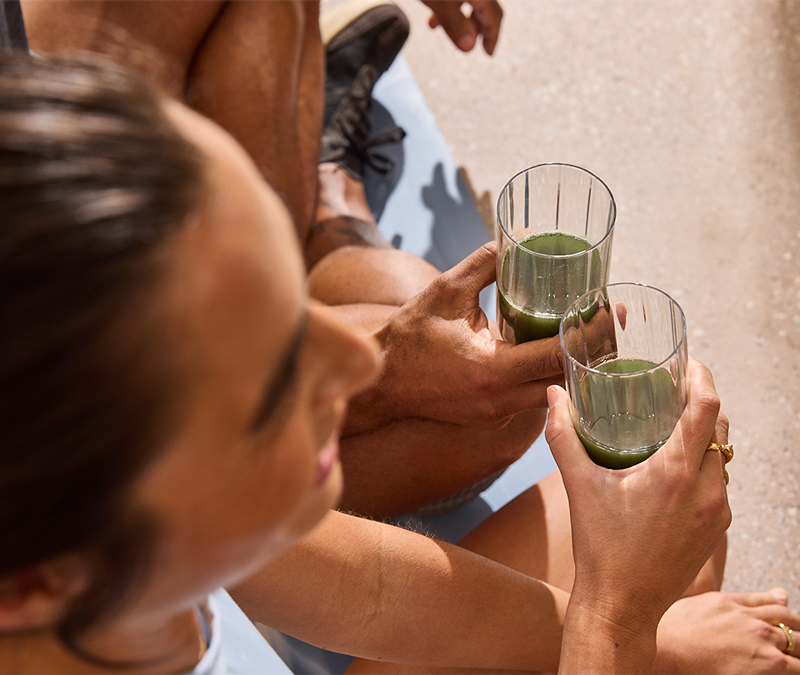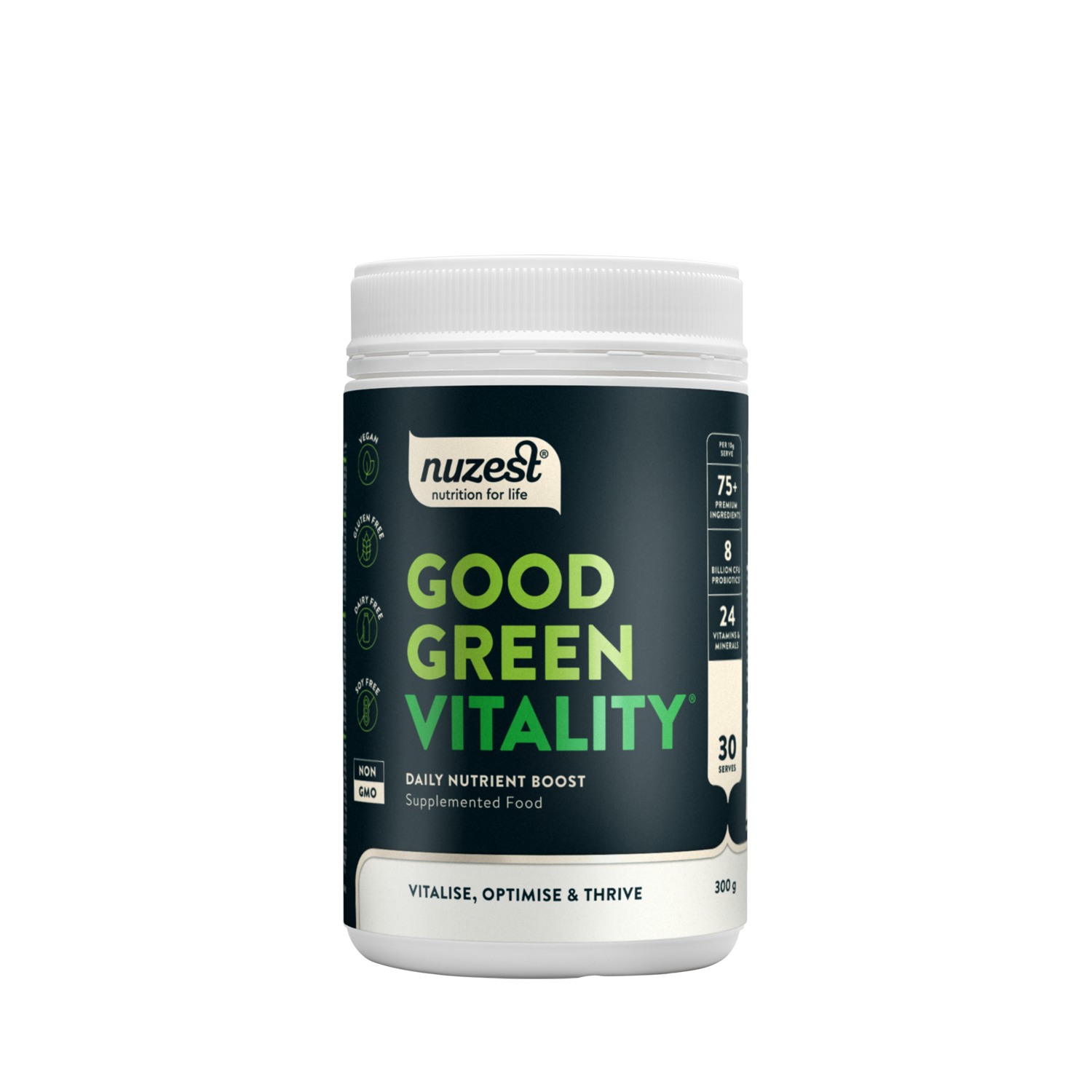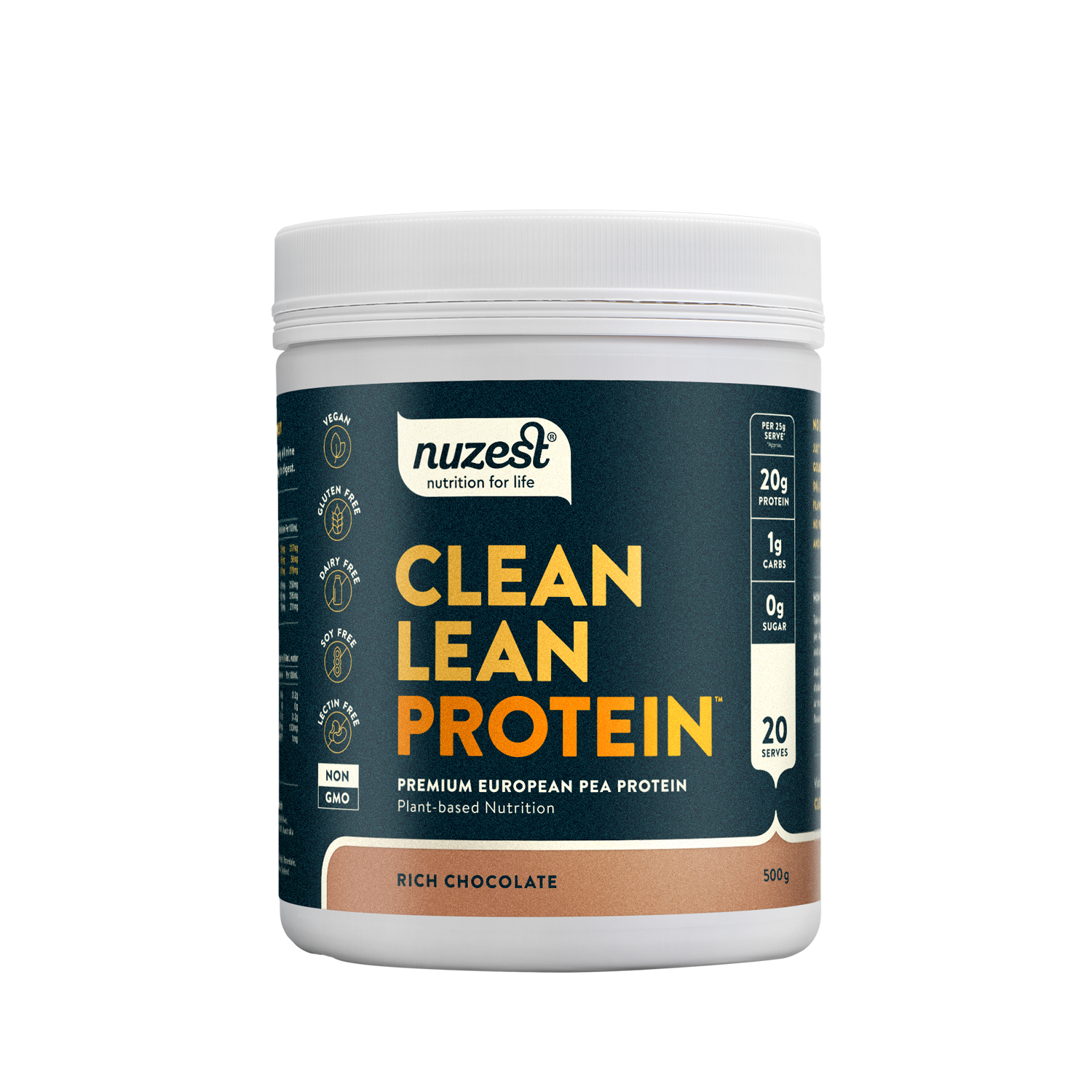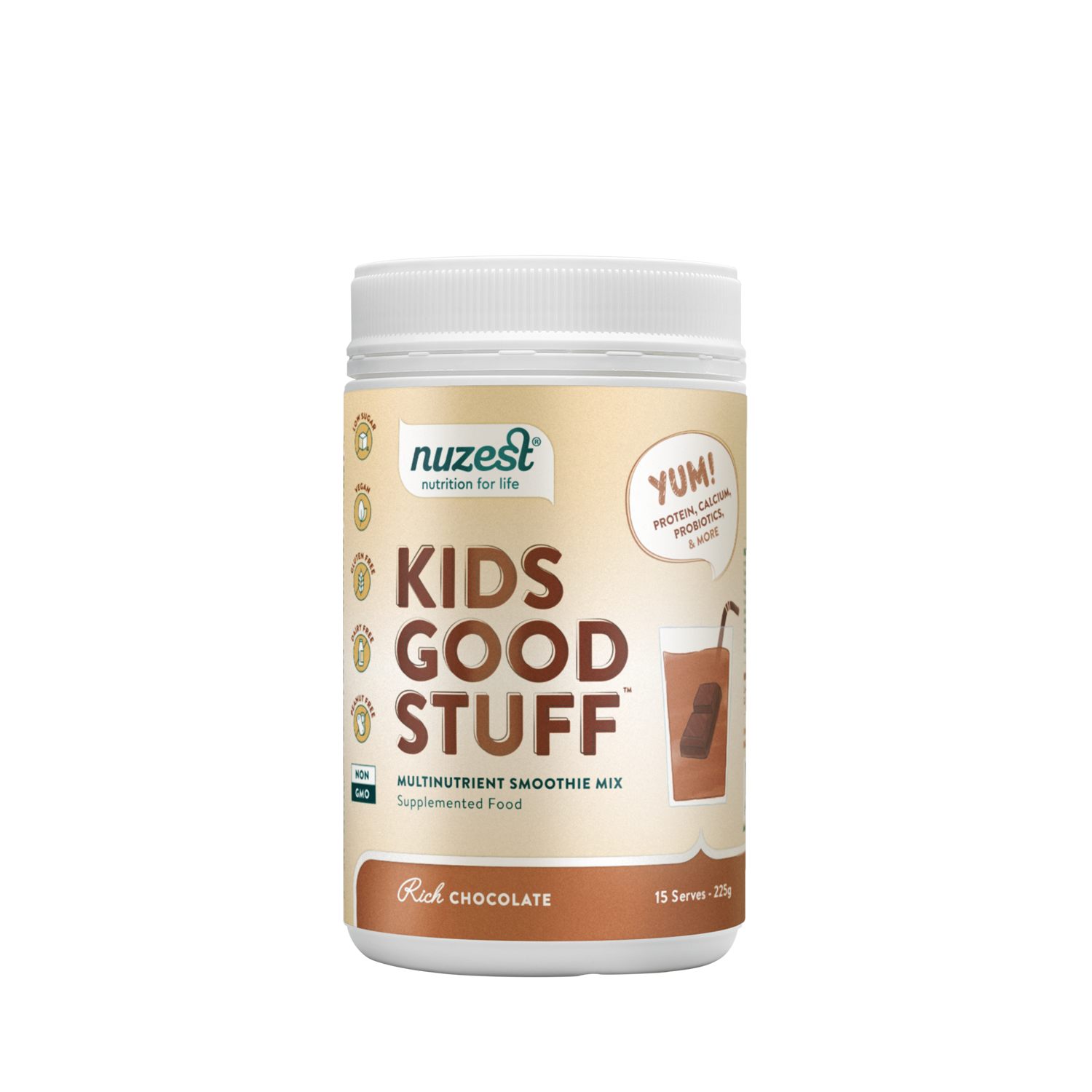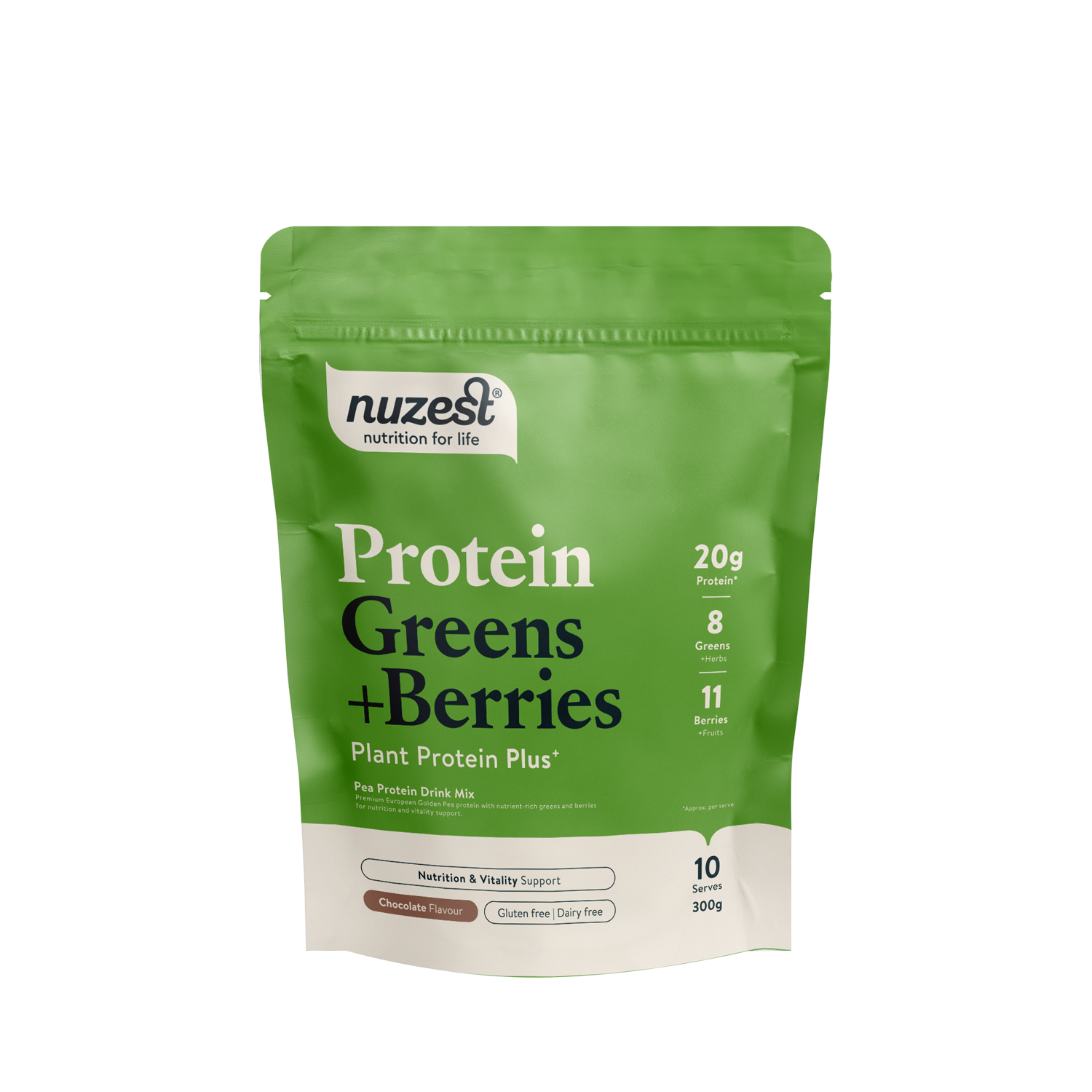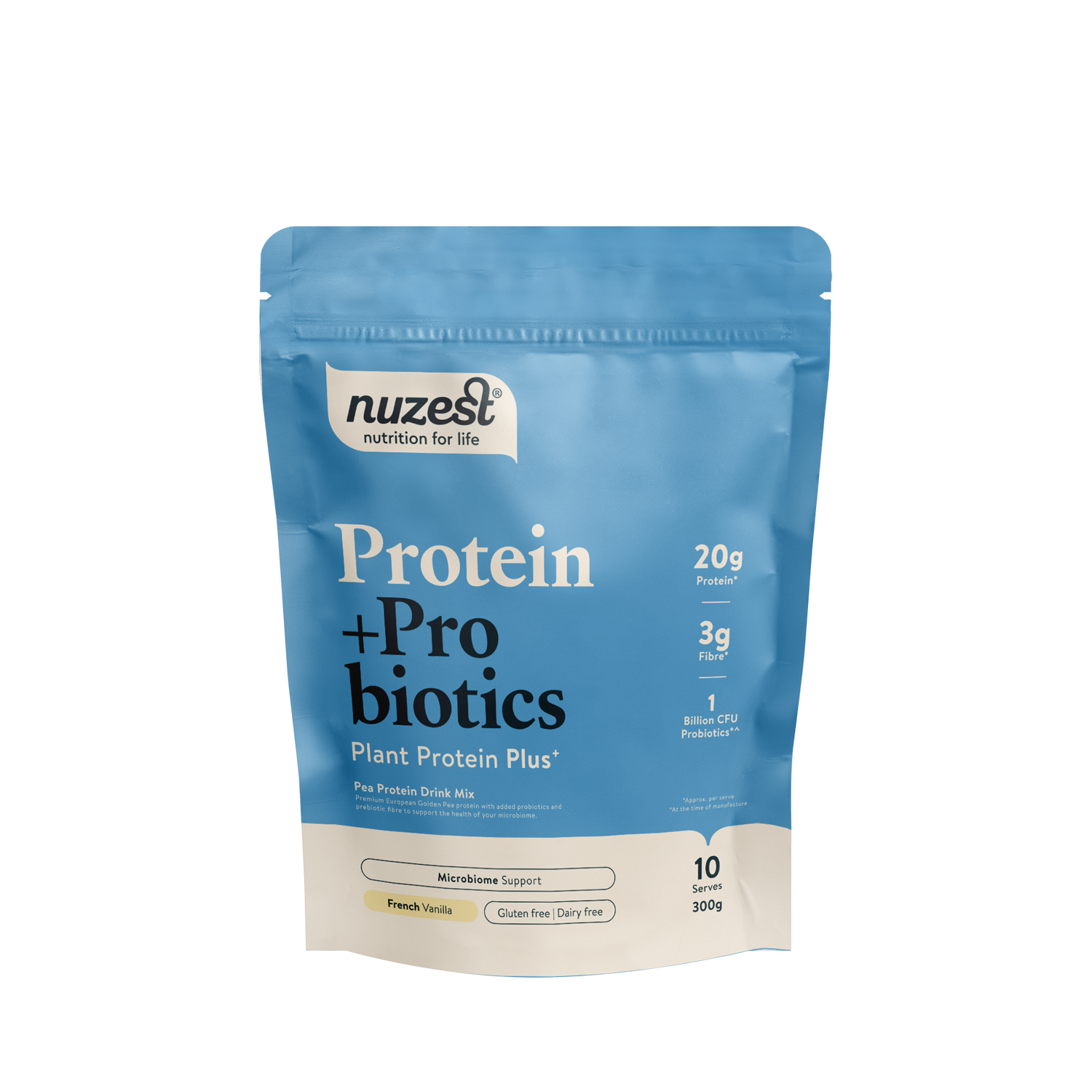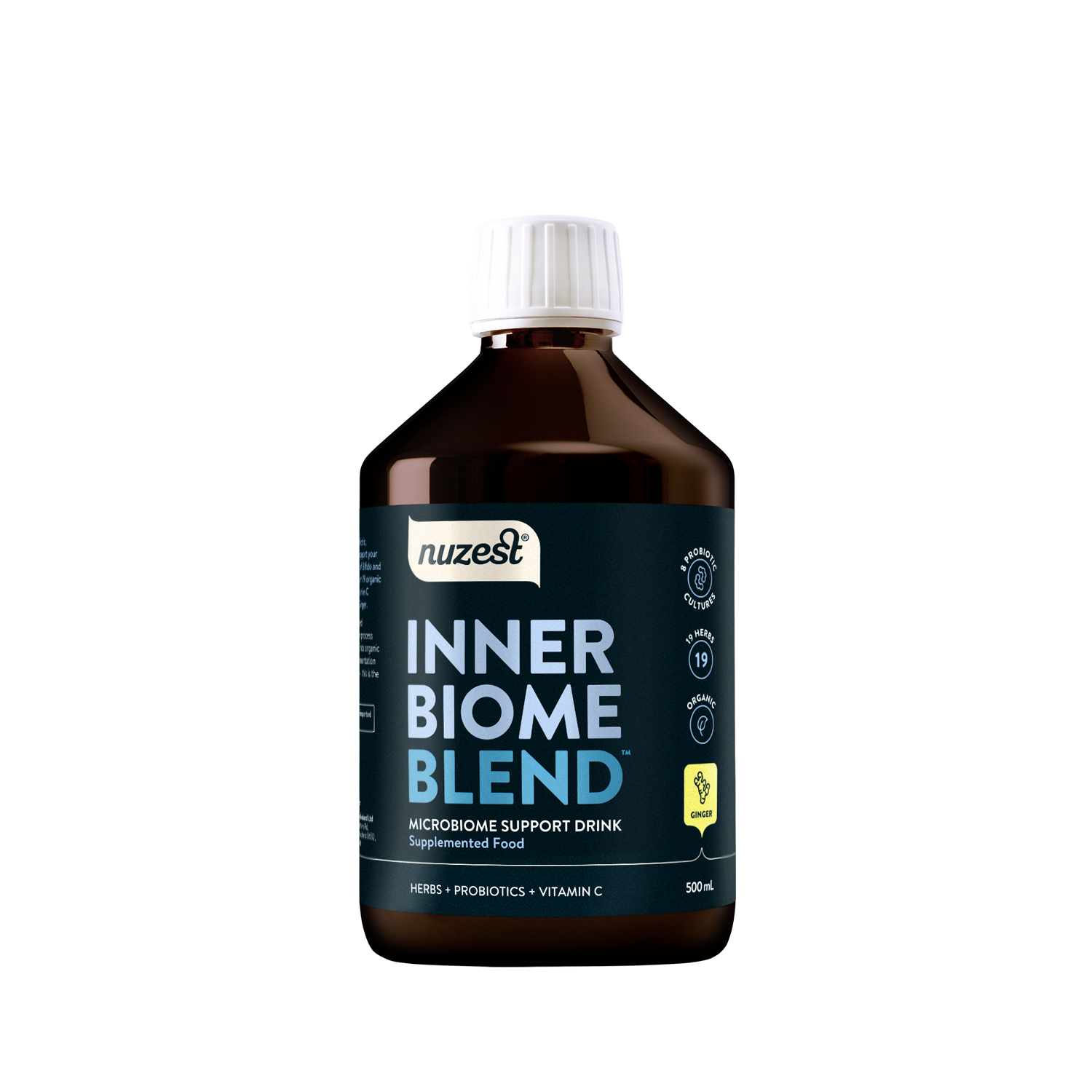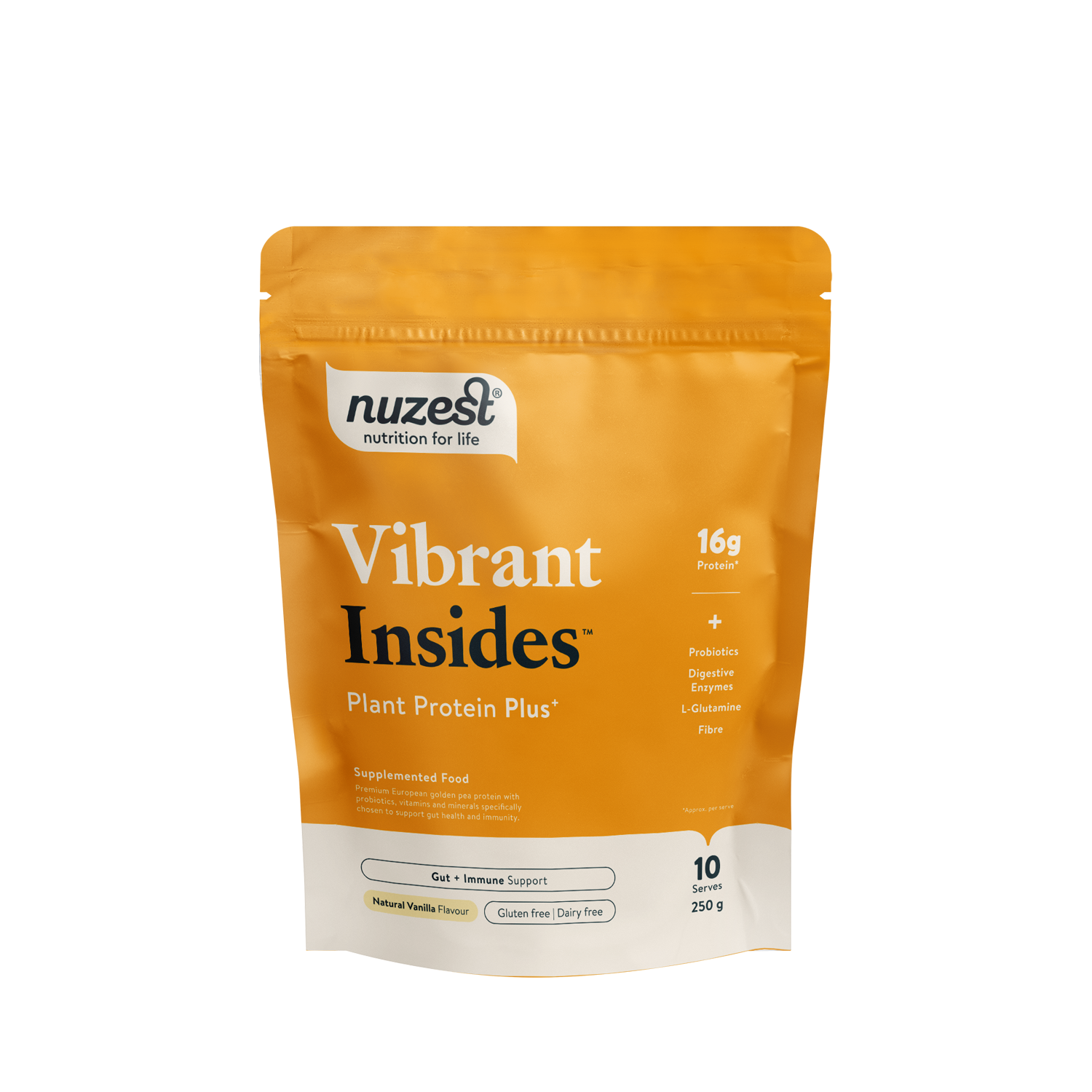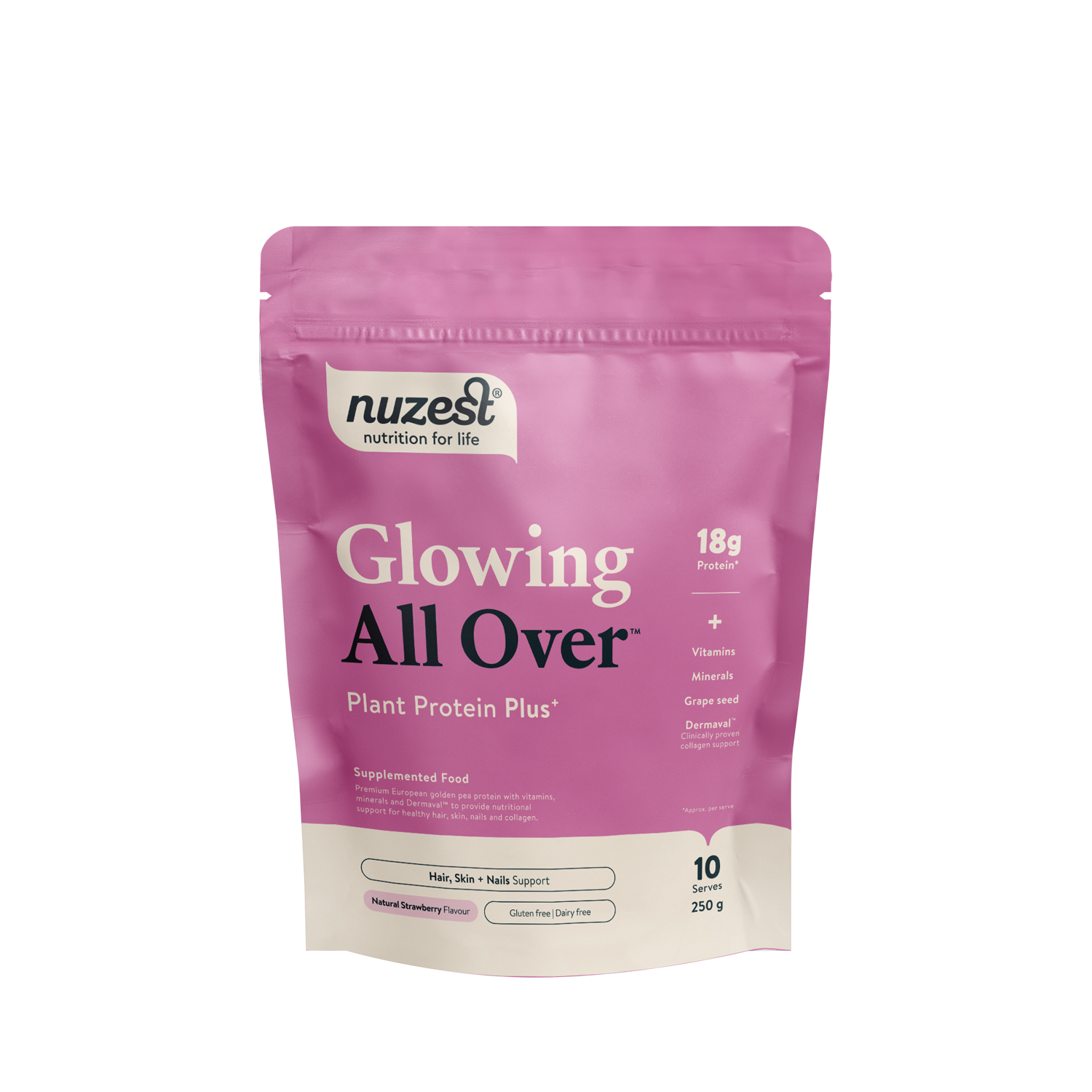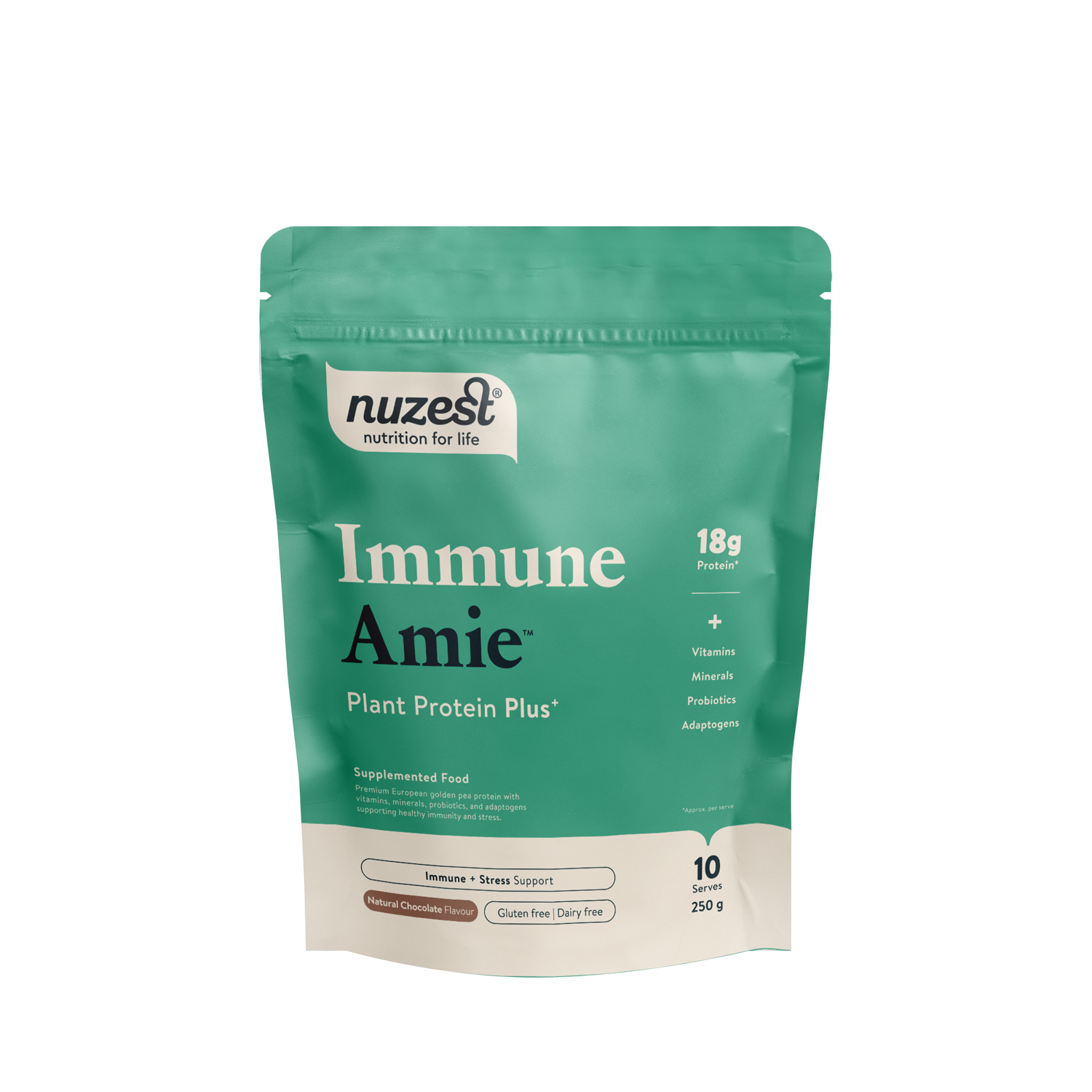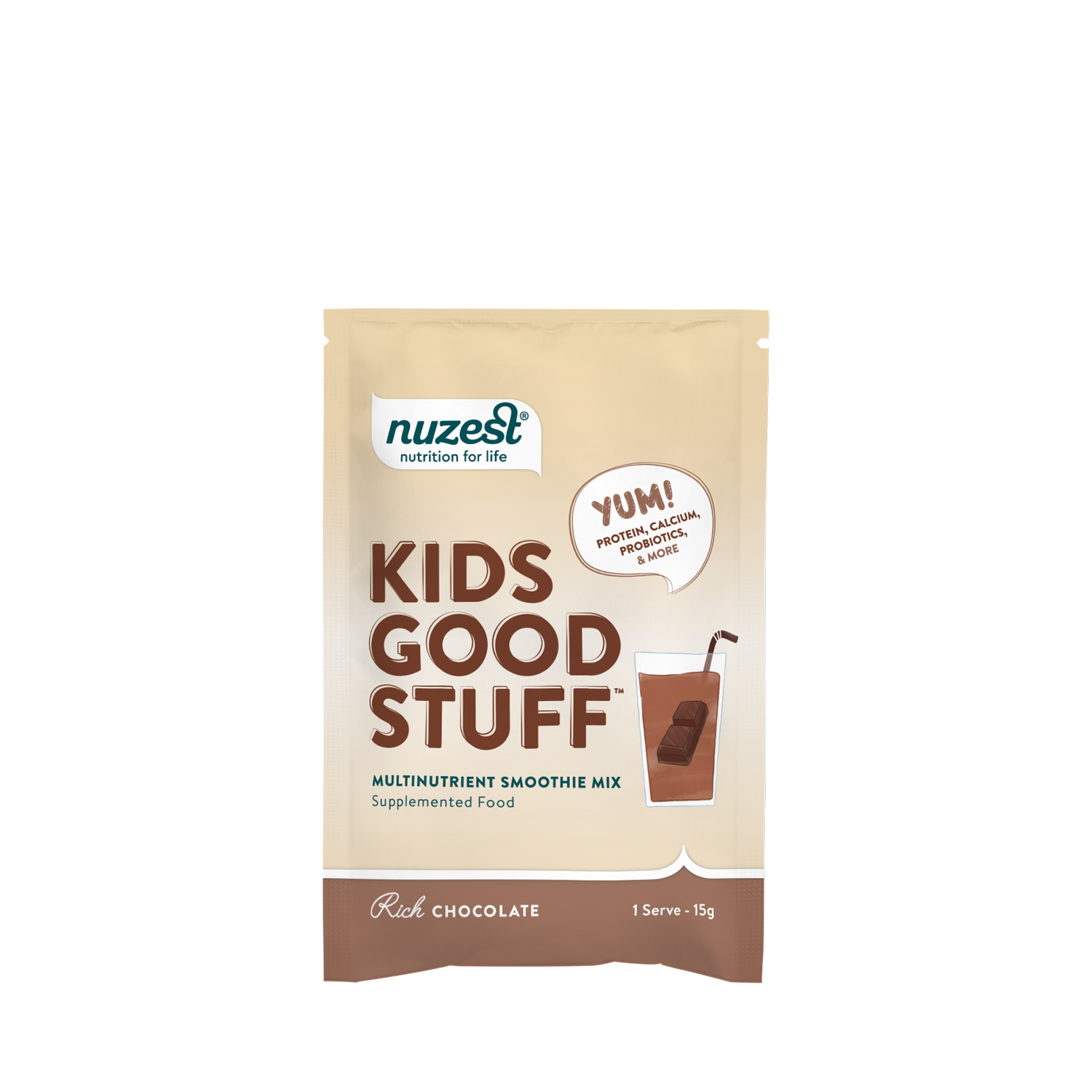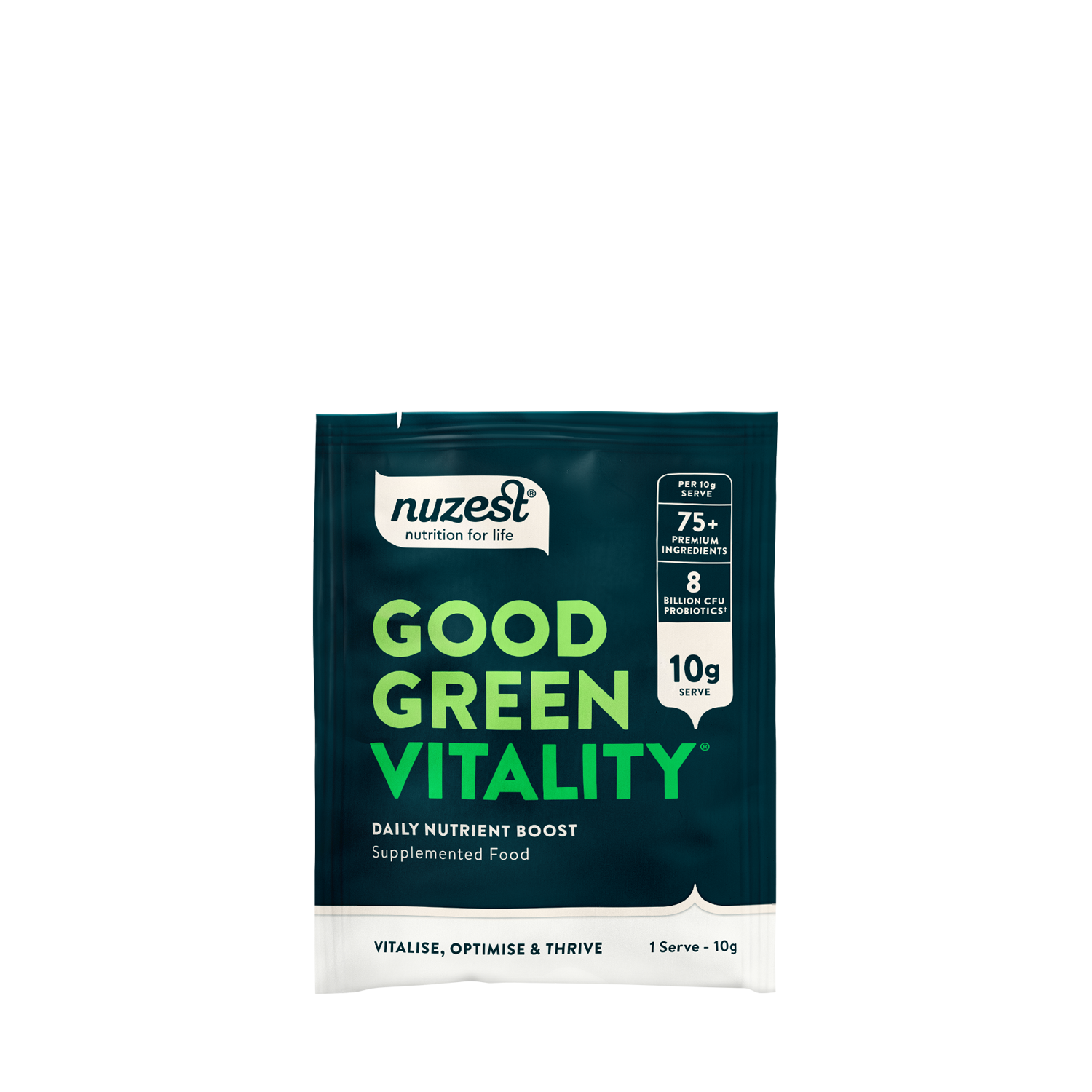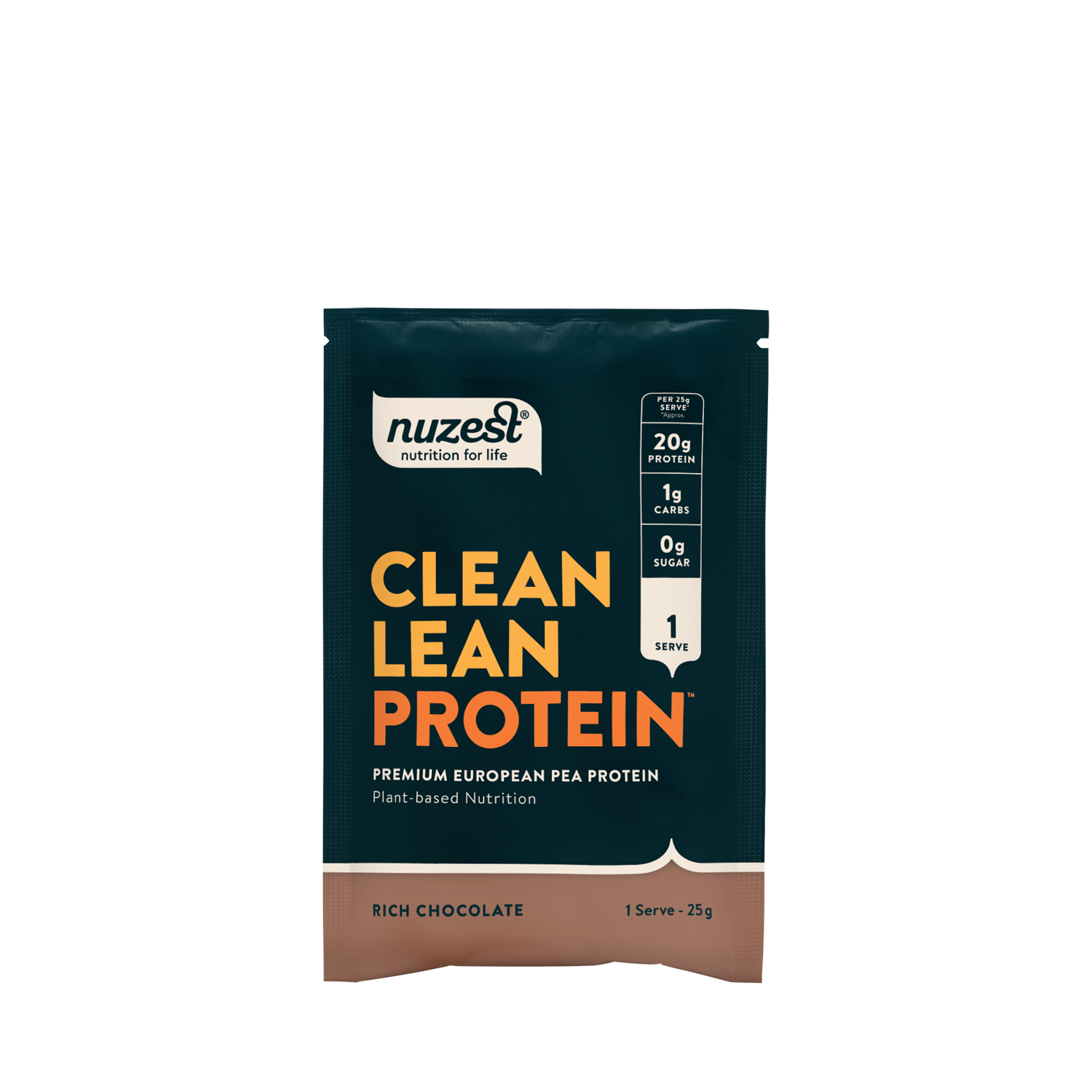Fuel and The Female Exerciser
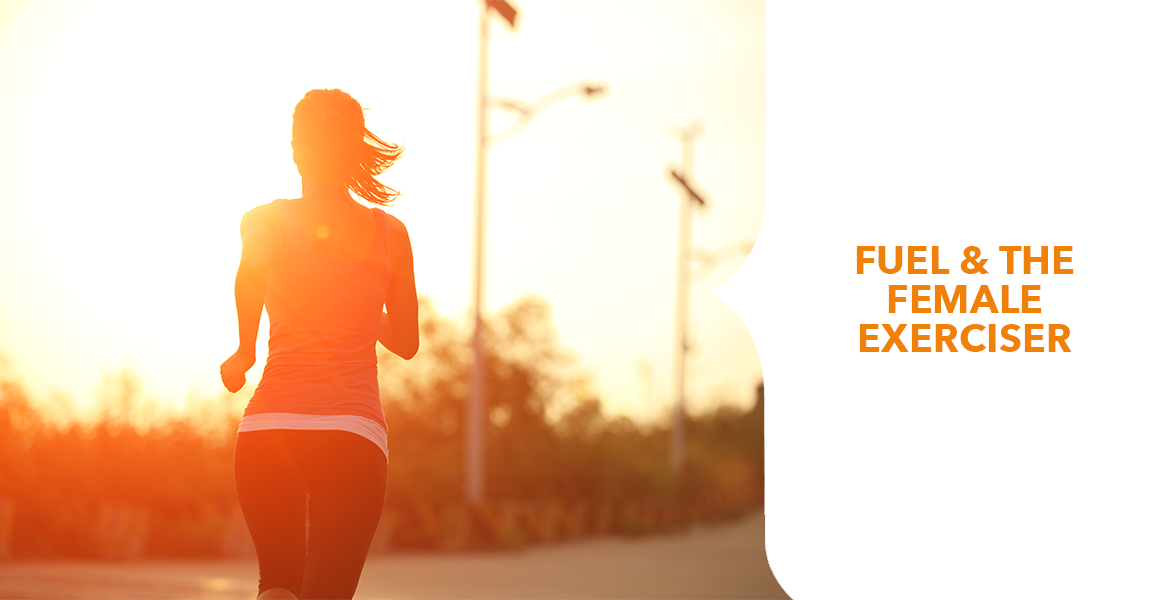
Fuelling your body for exercise is directly related to what you plan to achieve from your exercise. The more specific your training and physical goals, the more specific your fuel or energy intake needs to be. What and how you fuel your body can also impact the effectiveness of your performance.
Total Energy Intake
It's important to fuel your body with enough energy each day to meet the demands of your training as well as to support the recovery process after your training sessions. Energy from the food we eat is measured in calories or kilojoules (1 calorie = 4.18Kj). The number of calories you need to consume in a day varies on many factors such as your age, gender, height, weight, the weather and so on. It's also dependent on how much exercise and the type of exercise you do as to how much fuel your body needs on that day.
Then of course if you have a goal of fat loss, you need to create an energy deficit, which means eating fewer calories than your body needs so your body breaks down and uses stored fat as the extra fuel, creating a fat loss. Studies have shown that adjusting macronutrients makes little difference to overall weight loss and maintenance of weight loss, rather consuming a restricted number of calories per day is more effective.
Calorie restriction can be a tricky balance because if you eat too little calories, you may end up being uncomfortably hungry and want to munch on undesirable food later in the day. Eating too few calories can also put your body into 'starvation mode,' which slows down metabolic processes to preserve your fat stores, subsequently slowing down fat loss. As a general rule, to calculate appropriate weight loss calories, you can either calculate the total number of calories you need per day then minus around 500 calories or calculate your total number of calories per day based on your ideal weight rather than your current weight.
Calculate your daily energy requirements here.
The three major energy sources for the human body are carbohydrates, fat and protein. These are known as macronutrients and they provide us with calories, which is just a measurement of the amount of energy in food. These macronutrients are not made equally though, they have different roles in fuelling our body and each of them provide us with different amounts of fuel:
- Carbohydrates = 4 calories per gram
- Protein = 4 calories per gram
- Fat = 9 calories per gram
Carbohydrates
During exercise, our major energy sources are carbohydrates and fat. Carbohydrates are broken down into glucose in our blood stream and stored in our muscles and liver as glycogen for a quick source of fuel. The intensity and duration of exercise you do is directly related to the energy needs of the muscle. We have a store of glycogen that will last us around 1-1.5 hours of high intensity exercise (Nutrition Australia). After this, our glycogen stores are depleted and need to be replenished and the only way to do that is by eating carbohydrates.
The current dietary fad of low/no carbohydrate diets often means glycogen stores are not adequately replenished, known as hypoglycaemia or low blood glucose levels. This is a common cause of muscle fatigue and lack of stamina during exercise, which will dramatically impair physical performance.
Carbohydrates should make up between 45-65% of your total calories per day (Dietitian's Association of Australia). So for example, if your total energy requirements are 2000 calories per day and you have 45% of your calories in the form of carbohydrates (900 calories), then your carbohydrate target is roughly 225g per day, distributed throughout the day.
Great carbohydrate sources include nutrient dense wholegrains like brown rice, oats and wholegrain bread, fruit, dairy such as yoghurt and milk as well as starchy vegetables like sweet potato, corn and legumes. Try to avoid carbohydrate foods with little nutritional value like lollies, soft drink, cakes and biscuits. The only place for quick sources of glucose may be for endurance athletes during an event.
Fat
Fat is the other major source of fuel used during exercise. Studies have shown that women prioritise fat as their major fuel source and tend to preserve more carbohydrates (Horton, Pagliassotti, Hobbs, & Hill, 1998). It appears that during light exercise, right through to endurance exercise, women use their glucose and glycogen stores at a slower rate than men. This is believed to be due to lower sympathetic nervous system activation for women as well as hormonal influences that affect fat metabolism (Kravitz, Cazares, & Mermier).
Fat should make up 20-35% of total calories per day, so for a 2000 calorie per day diet, 30% fat makes up 600 calories, which is around 67g fat per day (Dietitian's Association of Australia). This is not a lot of fat so the type of fat sources you use should be good quality. It's always safe to say a plant-based fat should be your main choice, such as avocado, olive oil, nuts and seeds and nut and seed spreads like peanut butter or tahini.
Remember, fat slows down digestion, which is great to keep us feeling fuller for longer but it's best to avoid it right before training to avoid that full stomach feeling.
Protein
Protein plays a minor role during exercise, providing anywhere between 1-8% of fuel, usually drawn on only when carbohydrate stores are very low (Nutrition Australia). Its chief role is mainly after exercise to build and repair muscle tissue (Kravitz, Cazares, & Mermier).
Recommendations are to consume 15-25% of calories per day from protein (Dietitian's Association of Australia). This means that for a 2000 calorie per day diet, a woman may need anywhere between 75g up to 125g protein per day. Women who do heavier and more intensive resistance or endurance-type training may require the higher protein intake. The other way to calculate protein intake for high intensity trainers is 1.2 1.6 grams of protein per kilogram of body weight (Nutrition Australia). So for a woman who weighs 70 kilograms, they may need as much as 112g of protein per day.
If you eat a well balanced diet, it's quite easy to get all the protein you need from your diet. This should come from lovely lean sources of meat, seafood or poultry, as well as eggs and plant-based proteins like nuts, seeds, tofu, legumes and lentils. Additionally, the whey protein from dairy products such as milk and plain yoghurt contains an amino acid called leucine, which has been shown to stimulate the growth of muscle tissue (Nutrition Australia).
On some occasions such as for vegetarians and vegans who find it difficult to meet their protein needs with food alone or for busy people on the run, a protein supplement can be a helpful addition to meals or snacks but is not always necessary.
References
Dietitian's Association of Australia. (n.d.). Nutrient Reference Values. Retrieved from DAA Dietitian's Association of Australia: http://daa.asn.au/for-the-public/smart-eating-for-you/nutrition-a-z/nutrient-reference-values-nrvs/
Horton, T., Pagliassotti, M., Hobbs, K., & Hill, J. (1998). Fuel Metabolism for Men and Women During and After Long-Duration Exercise. Journal of American Physiology
Kravitz, L., Cazares, A., & Mermier, C. (n.d.). Women, Hormones, Metabolism & Energy Expenditure. Retrieved from University of New Mexico: https://www.unm.edu/~lkravitz/Article%20folder/hormoneswomen.html
Nutrition Australia. (n.d.). Sports Nutrition. Retrieved from Nutrition Australia: http://www.nutritionaustralia.org/national/resource/sports-nutrition
